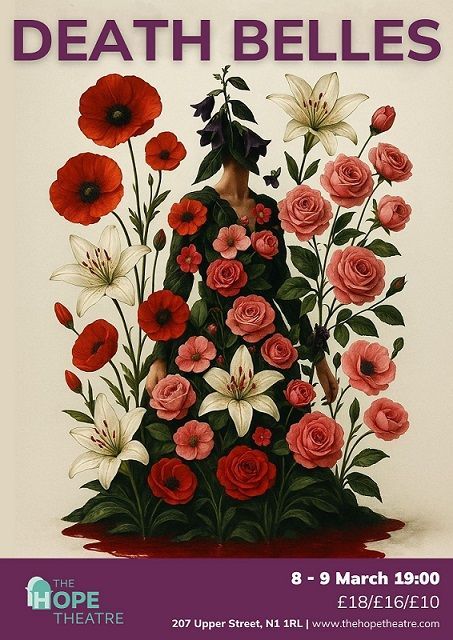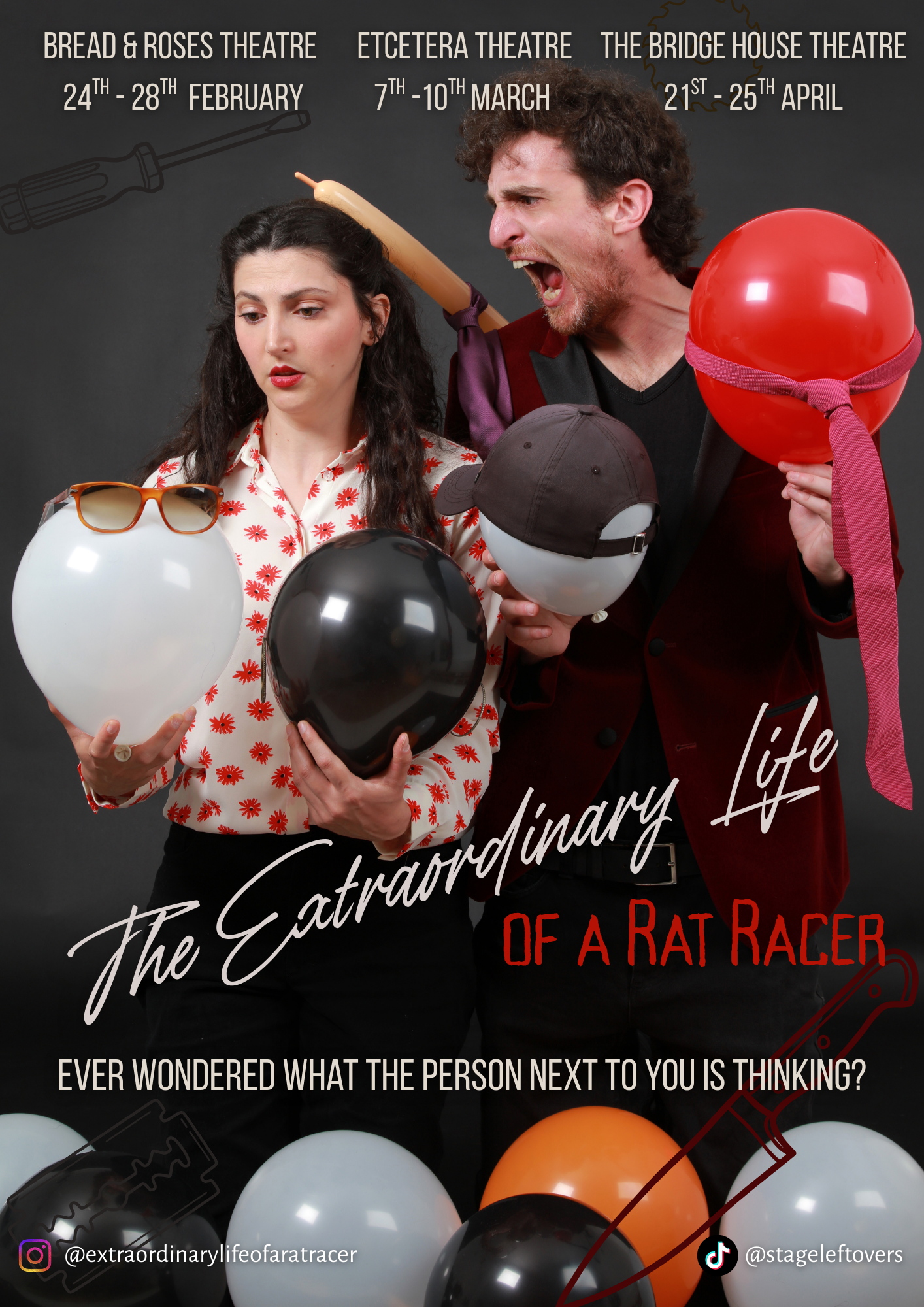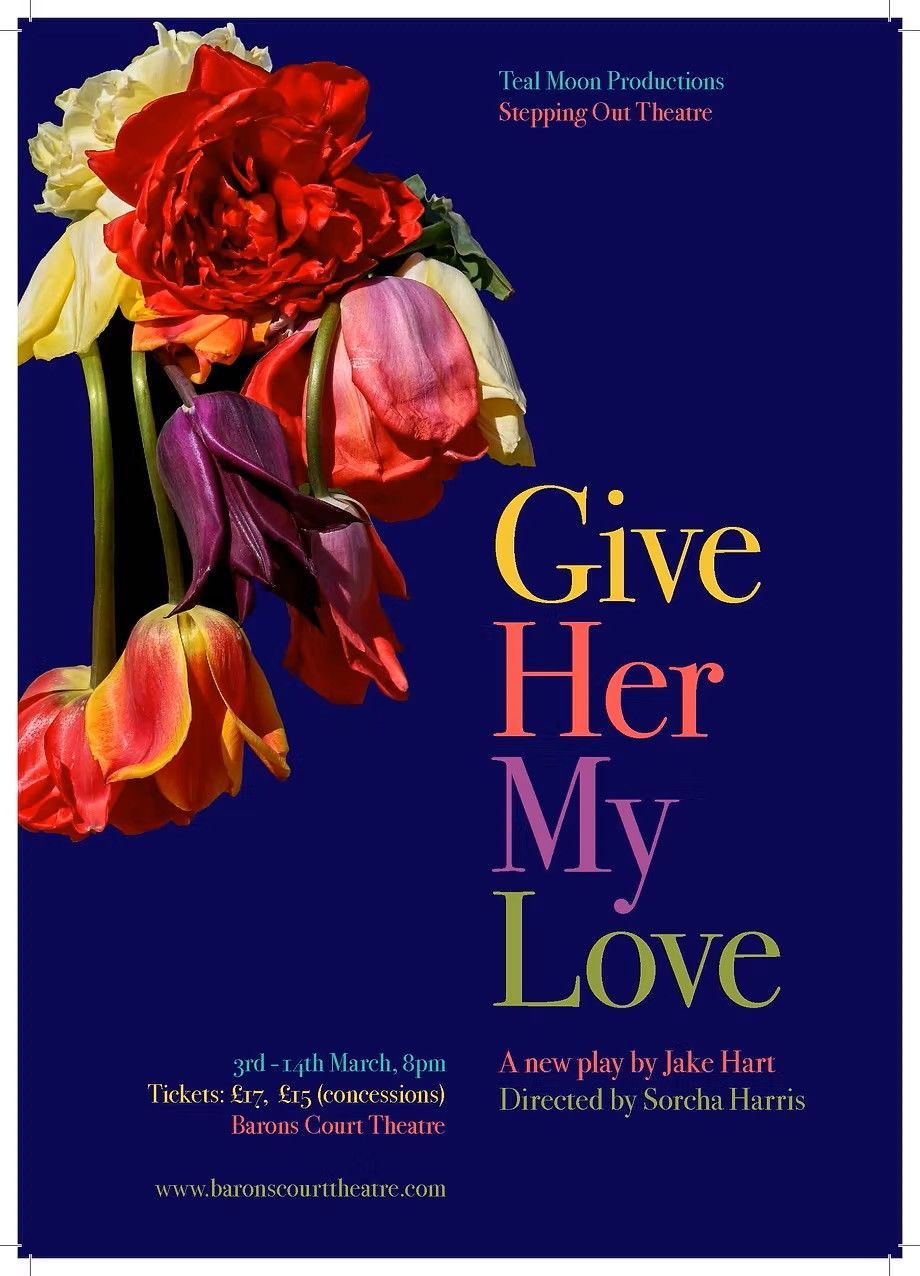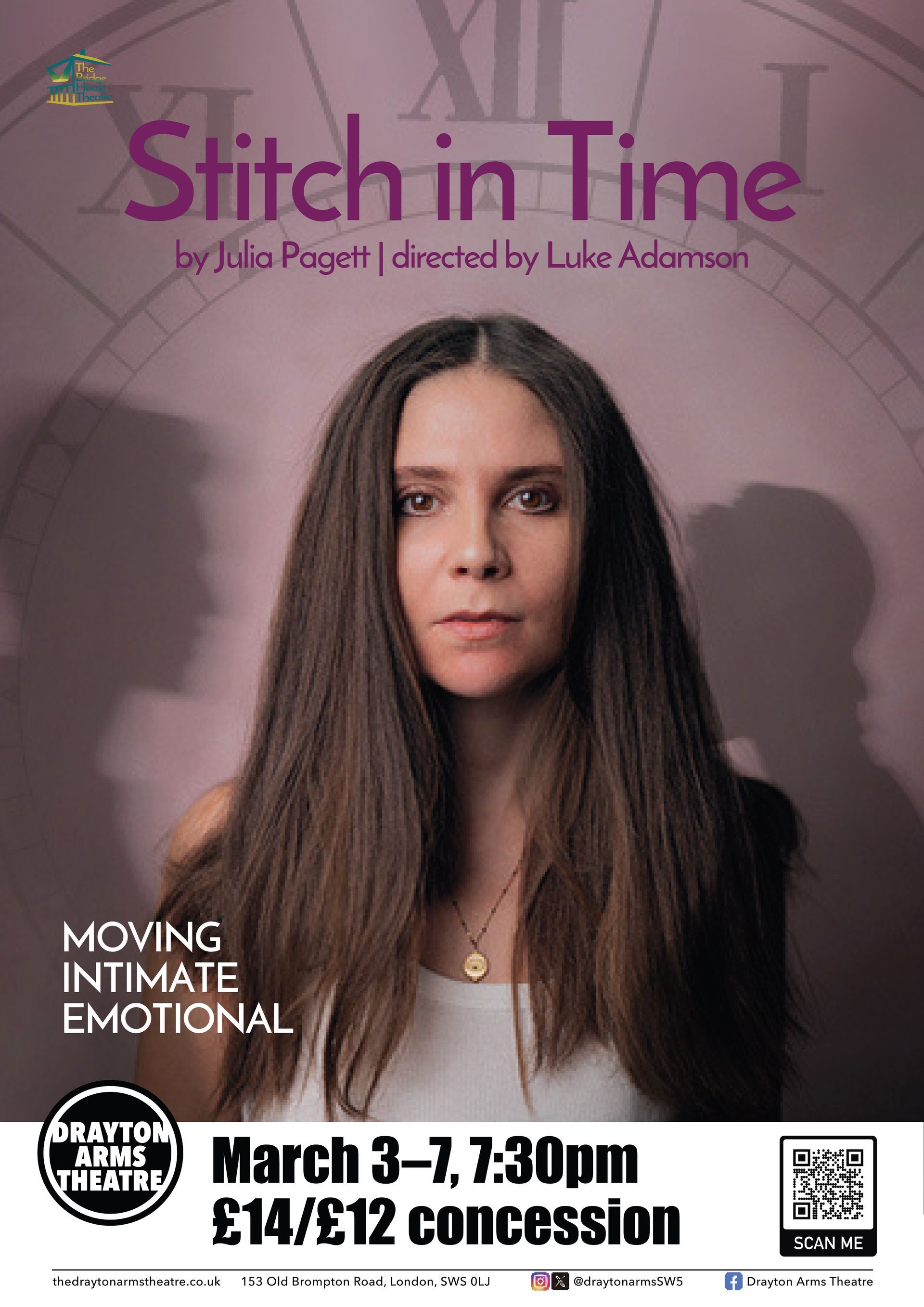REVIEW: The Mother of Kamal at The Hen and Chickens Theatre 12 & 13 August

'The truth, my friend, is a stranger who never visits' ★★★
This is, above-all, a family story. Specifically, the story of the playwright’s grandmother, Um-Kamal, a woman who fought to keep her family safe in 1940s and ‘50s Iraq as the state began persecuting the country’s Jewish population. Selwa Jghaelf plays the matriarch with warmth and strength, giving the show a firm heart; Nicholas Gauci and Joe Haddad offer nicely contrasting energies as her two sons, both unjustly imprisoned but with very different fates. This is a show deeply passionate about the story it is telling, ambitious in both scope and form. This leads to both its strongest and weakest moments.
Dina Ibrahim’s writing shines particularly in her vignettes, the side stories that intersect with the main family drama—they are frequently funny, supported by some excellent multi-rolling work from the quasi-chorus of Tiran Aakel, Nalân Burgess and Manav Chaudhuri, and inject the evening with welcome bursts of energy. Nalân Burgess is particularly memorable as the politically opinionated barber, concerned partly with the glory of the king but mostly with the state of grocery prices (“But look at the tomatoes!”). The scene that earned the biggest laughs fell to Manav Chaudhuri’s disillusioned scribe, tasked with translating family members’ emotional pleas into bureacratically clinical petitions. (A desperate woman begging him for help, promising to keep her letter short: “They are all short until you start writing them.”)
The dry humour of these intersections of comedy and tragedy is where the production feels most sure-footed. These moments range from the wry (“This feels like a home away from home, ey? I pity your home.”) to the pitch-black (“The last doctor raped a nurse.”). This tone seems to stem directly from Ibrahim’s interviews of her family members: She gathered material for the play by travelling to visit distant relatives who had fled Iraq, and transcribed their conversations. In an interview with The Jewish Chronicle, she reflected that “they share the funny stories that emerge from the pain like it almost subdues the pain.”
Where the production is less successful is in maintaining the narrative drive through this wide-ranging family saga. The frequent time-jumps and set changes aren’t confusing, but they do sap the story of energy, happening, as they mostly do, with furniture shuffling that feels unnecessary.
Ibrahim’s directing features some interesting stylistic touches: The production kicks off with a magic trick (a fateful piece of paper passed from person to person), and actors are frequently layered into the background of scenes, silently watching or in a freeze (particularly effective: the police’s enforcer, fist raised to pound on the frightened family’s door). But many stylised elements feel underdeveloped or jibe awkwardly with the naturalism that surrounds them: When the chorus started singing, stalking Um-Kamal around the stage, I particularly wondered why the use of music hadn’t been established much earlier in the show.
But this is a story more than worth being told, drawing on a well of fascinating family and historical knowledge. I’d be interested to see how future productions develop from here.
Box Office The Mother of Kamal - Camden Fringe
Social Media
THE CAST (alphabetical order)
Tiran Aakel: Actor 2, as Masud Aslani (Chief of Police) | Heskel | Abu-Kamal | El-Hadidy | Magistrate | Wahid
Nalân Burgess: Actor 1, as Leyla | Rosette | Barber | Halima | Old Woman | Simran
Manav Chaudhuri: Actor 2, as Police Officer | Mahmood | Scribe | Mohammad | Marcus Dronsfield
Nicholas Gauci: Kamal
Joe Haddad: Sasson
Selwa Jghaelf: Um-Kamal
TECHNICAL AND PRODUCTION
Writer & director: Dina Ibrahim
Movement director | Stage manager | Set design: Stephen Freeman
Technical | Costume | Set design: Katie Coyne
Costume: Jennifer Lewis
Casting and VO recordings: Marianne Sheehan
Production assistant: Croia McDermott
Reviewed by Anna Clart













